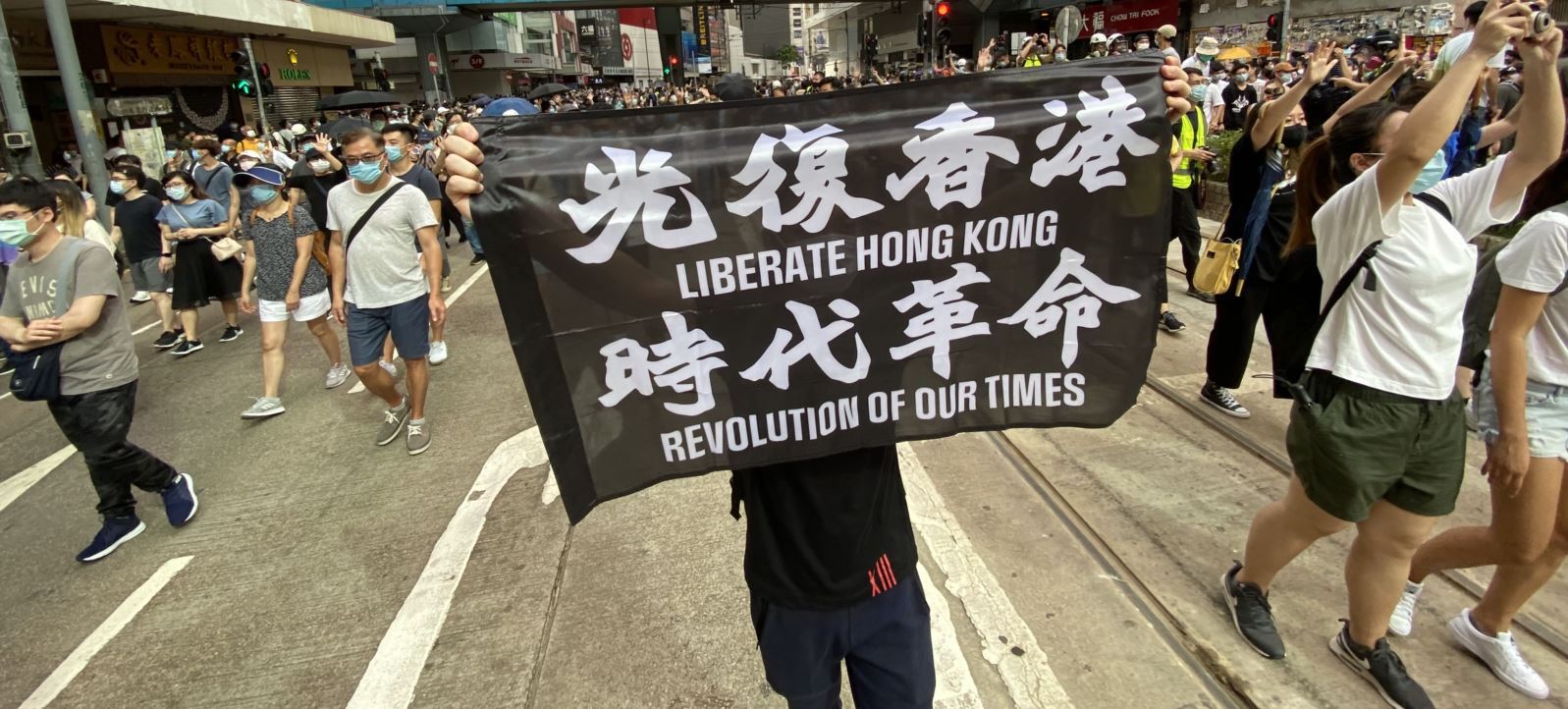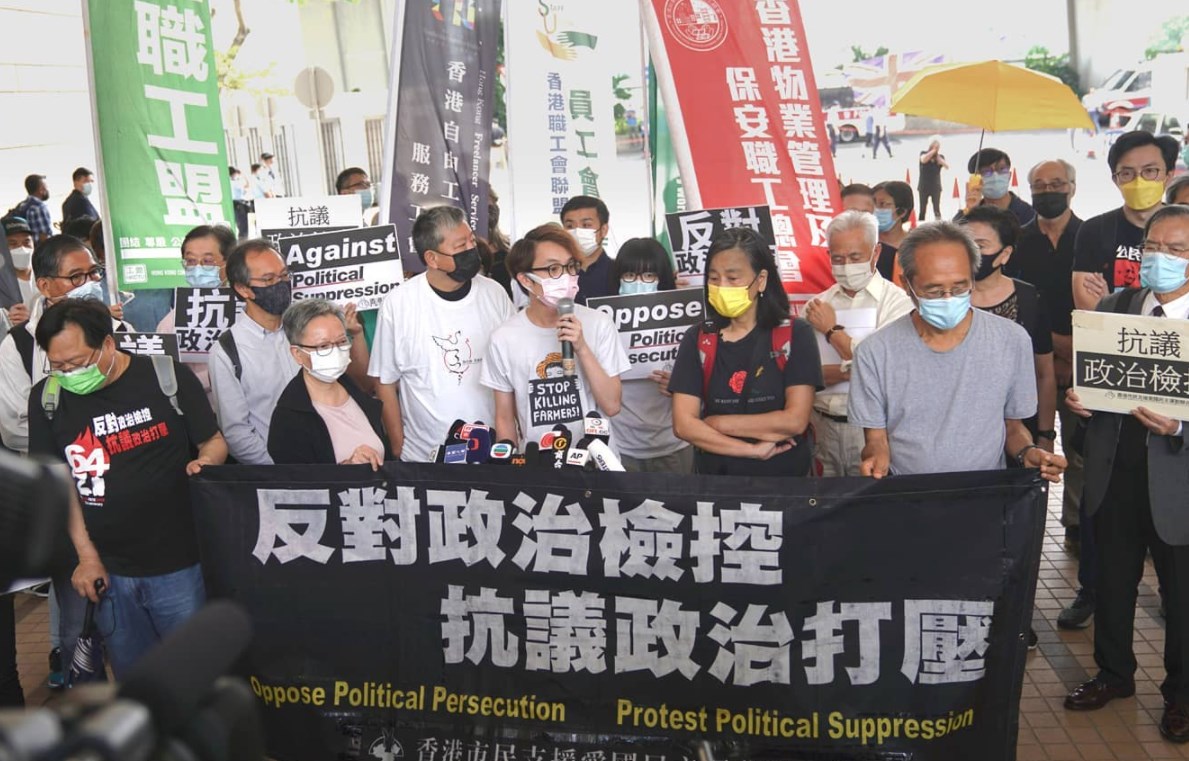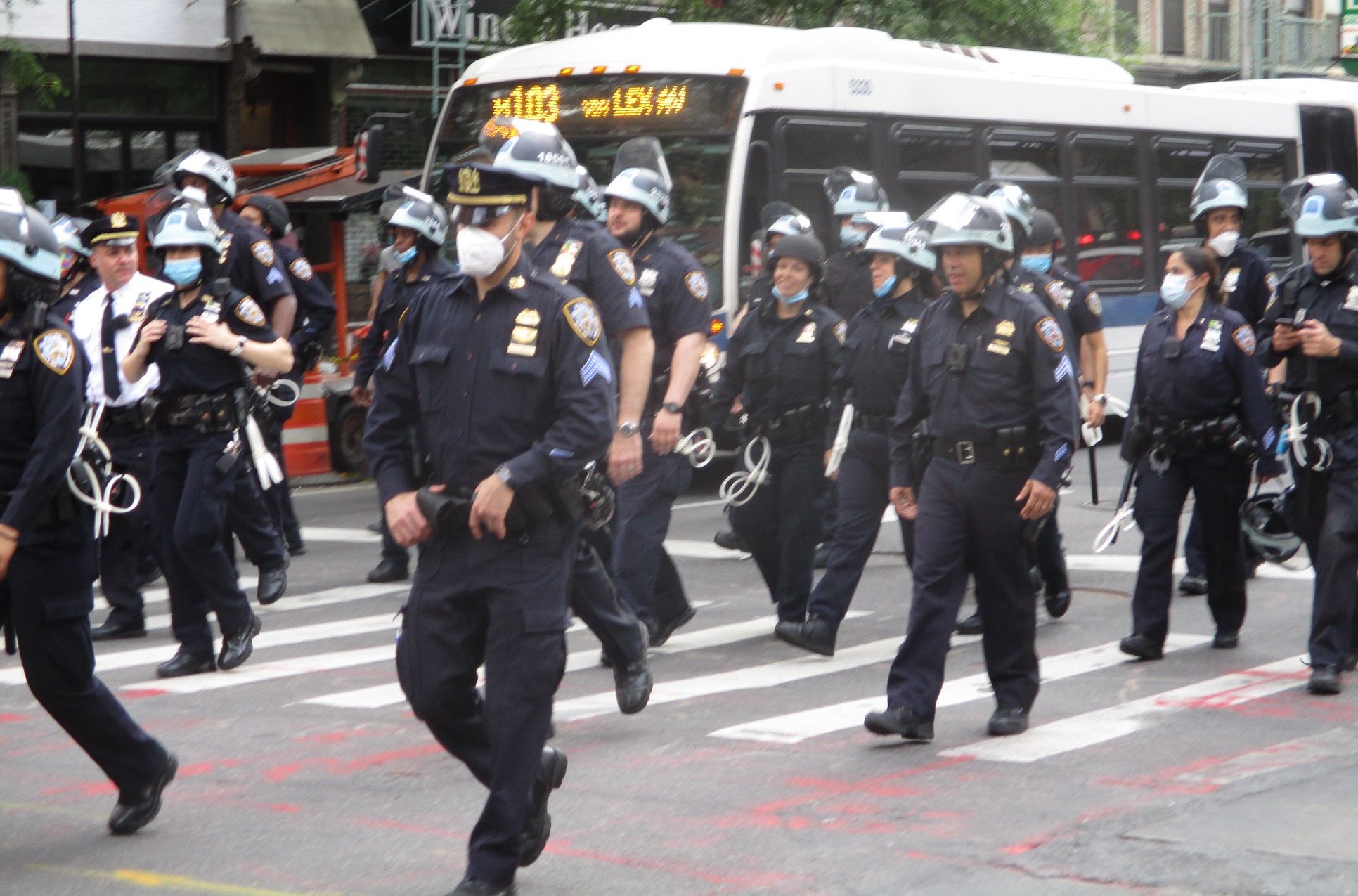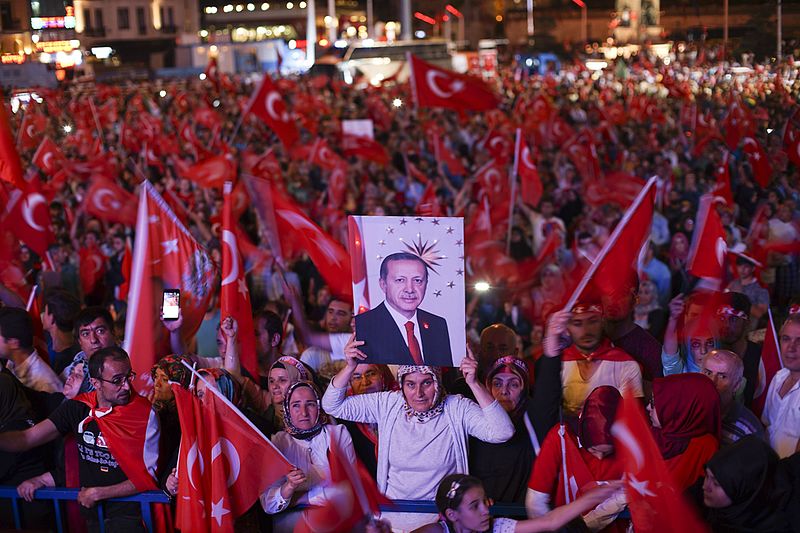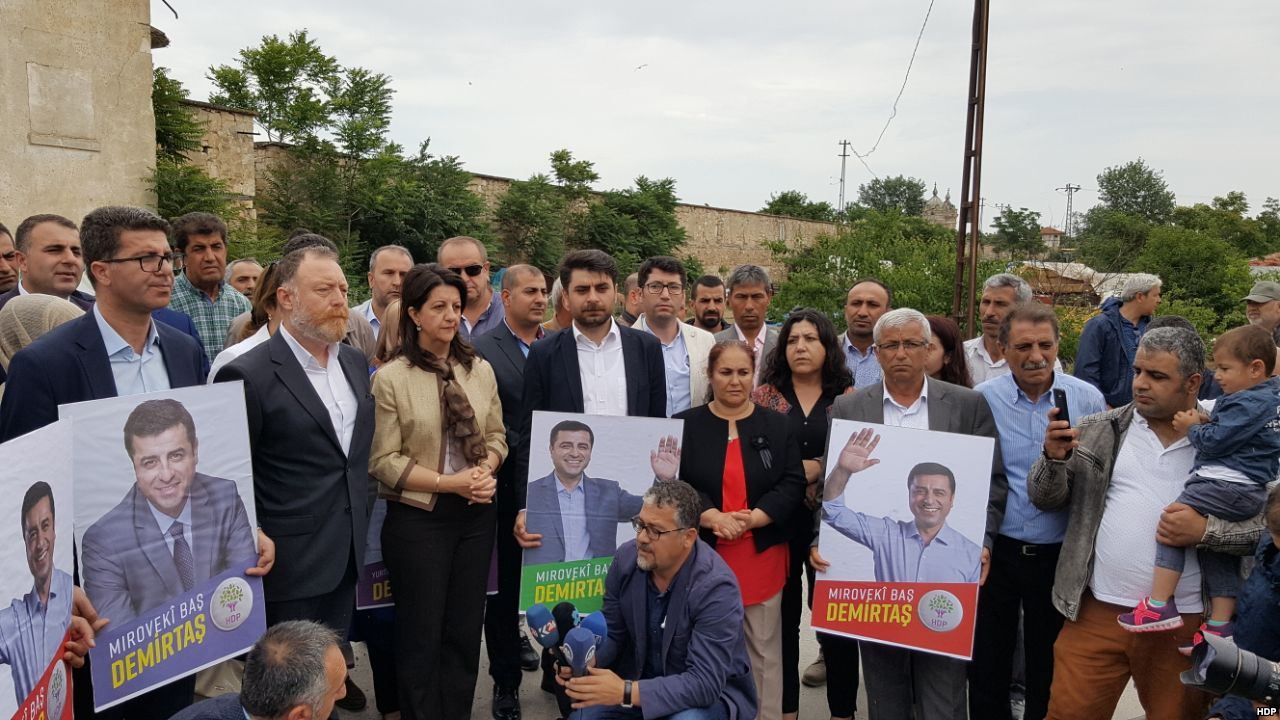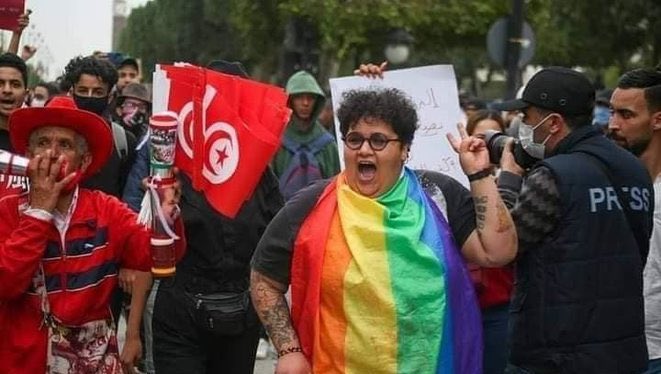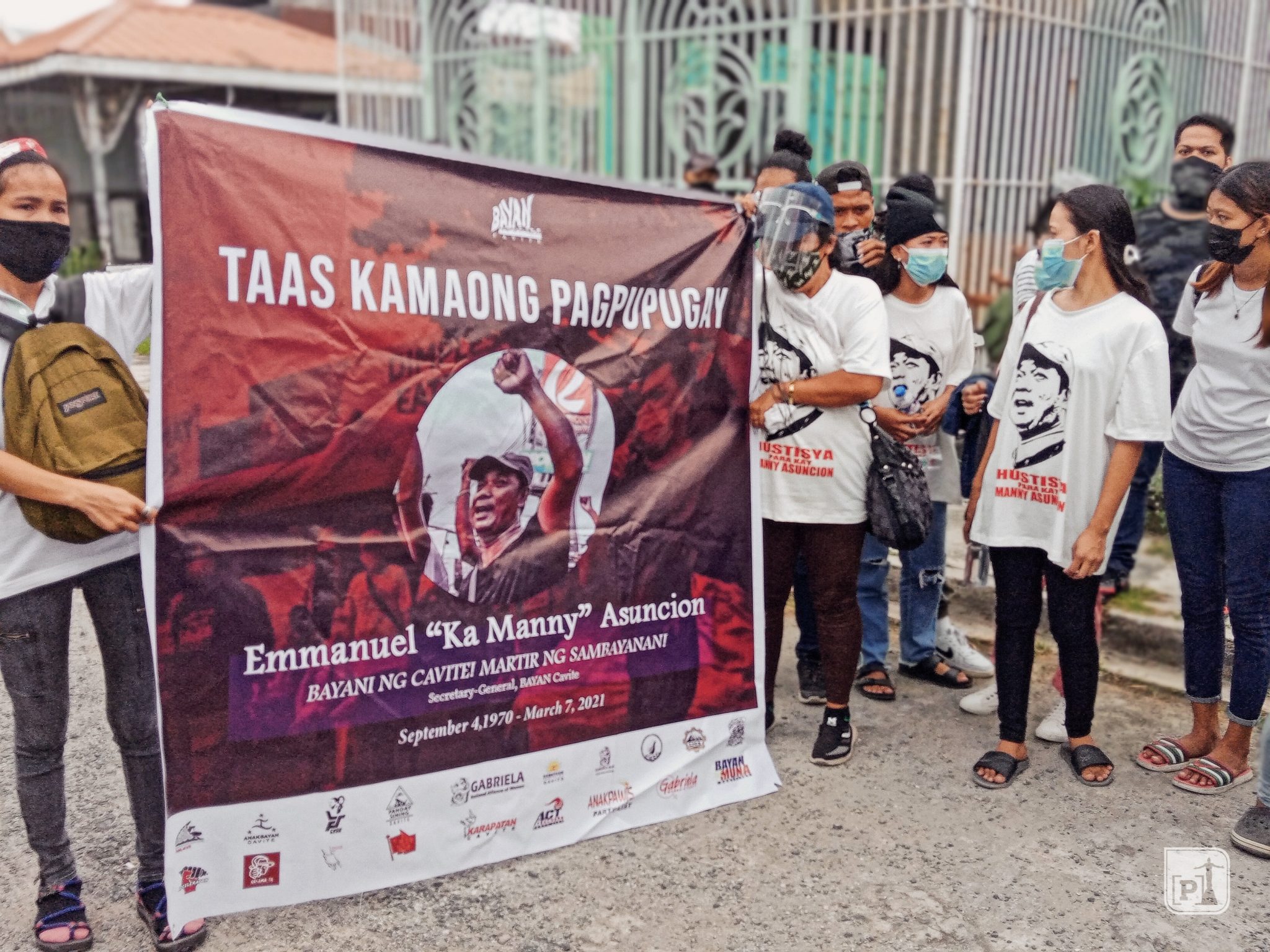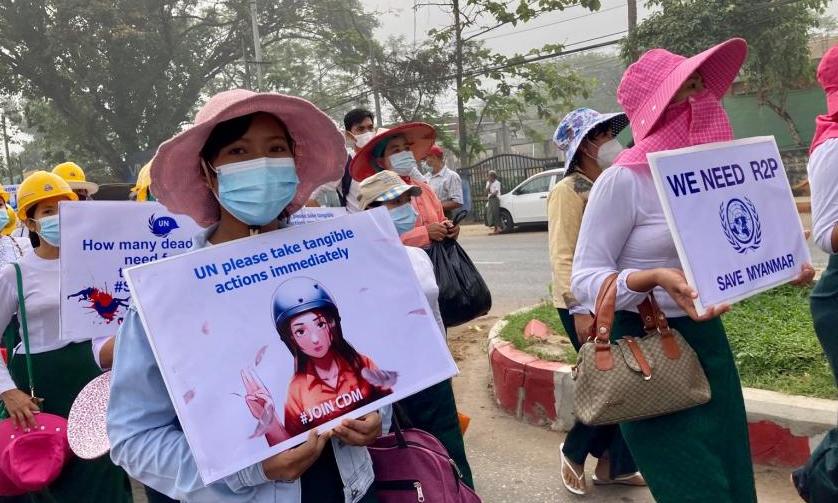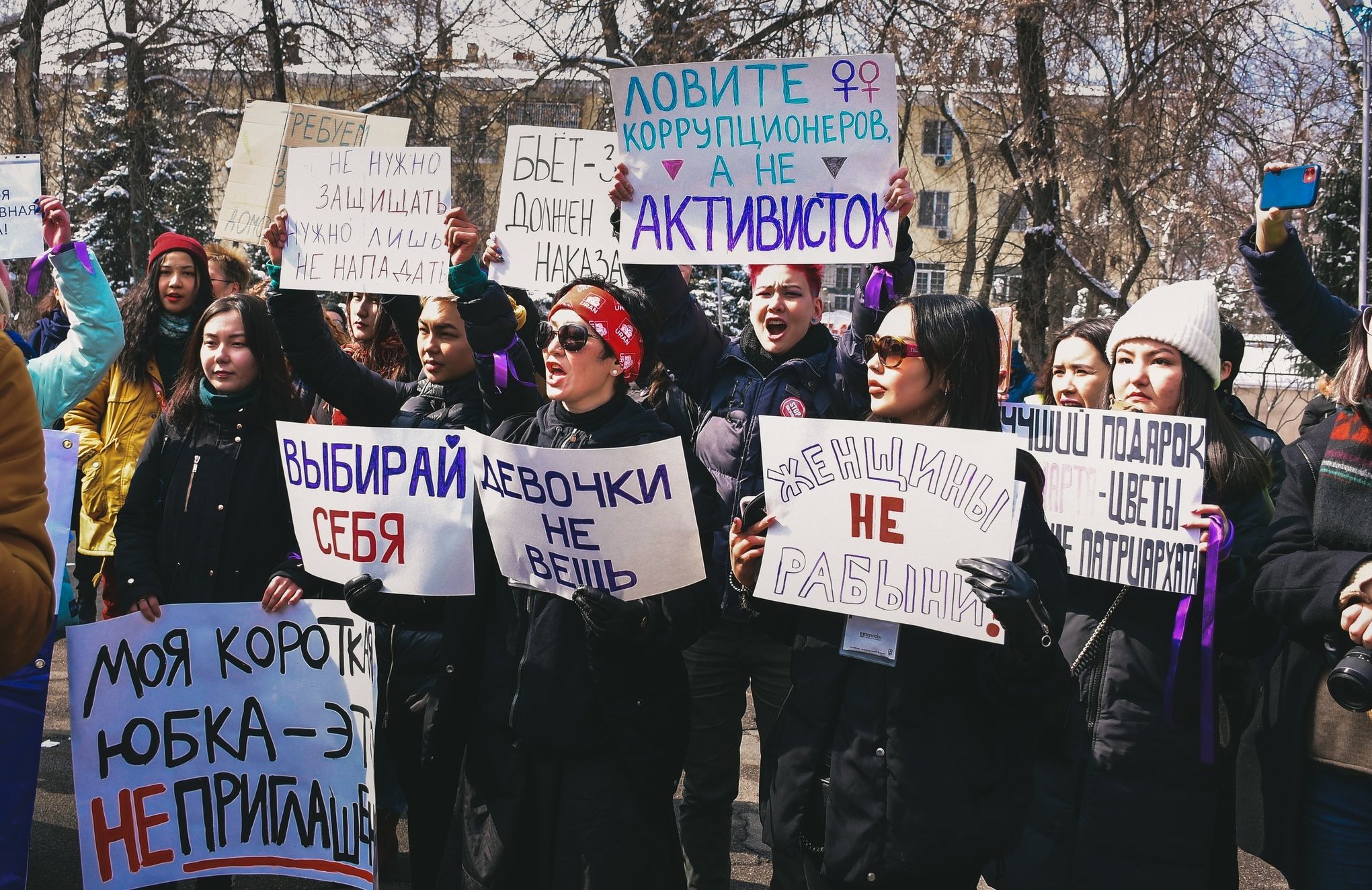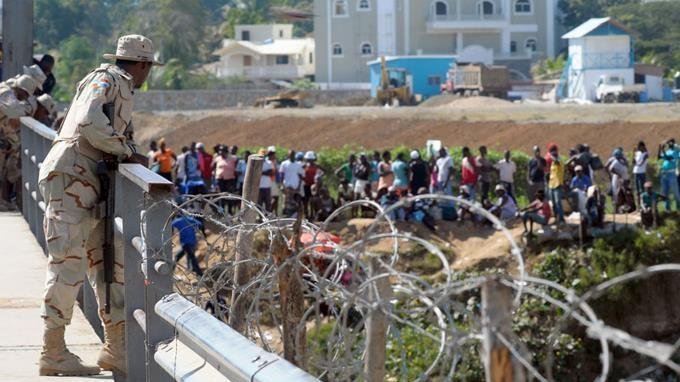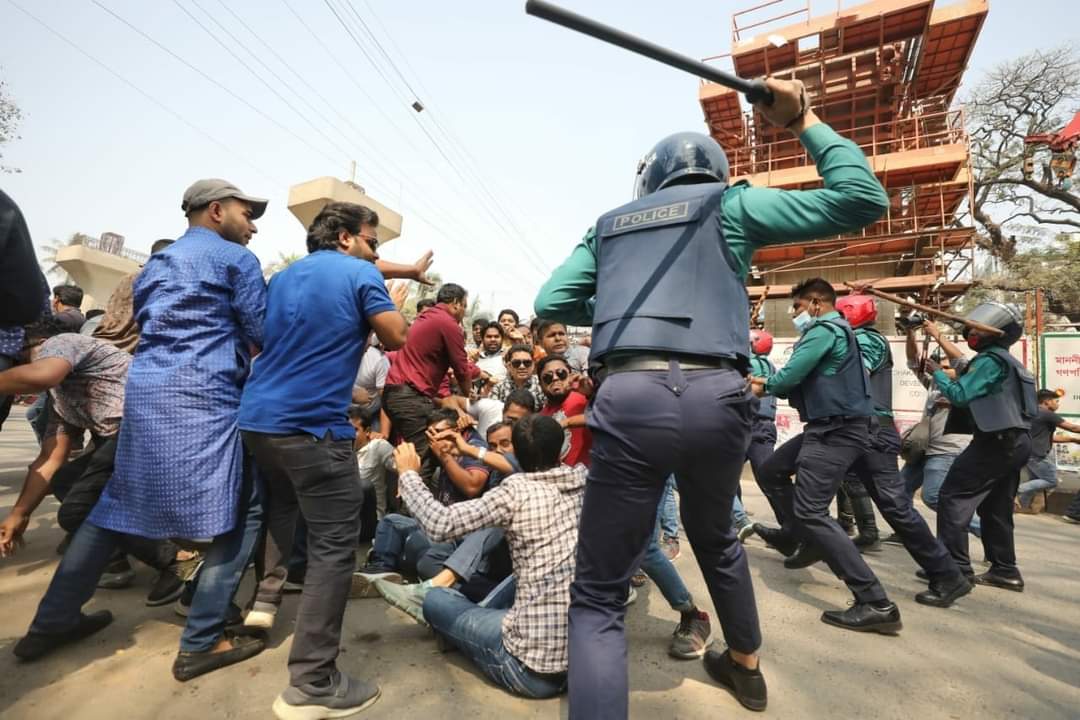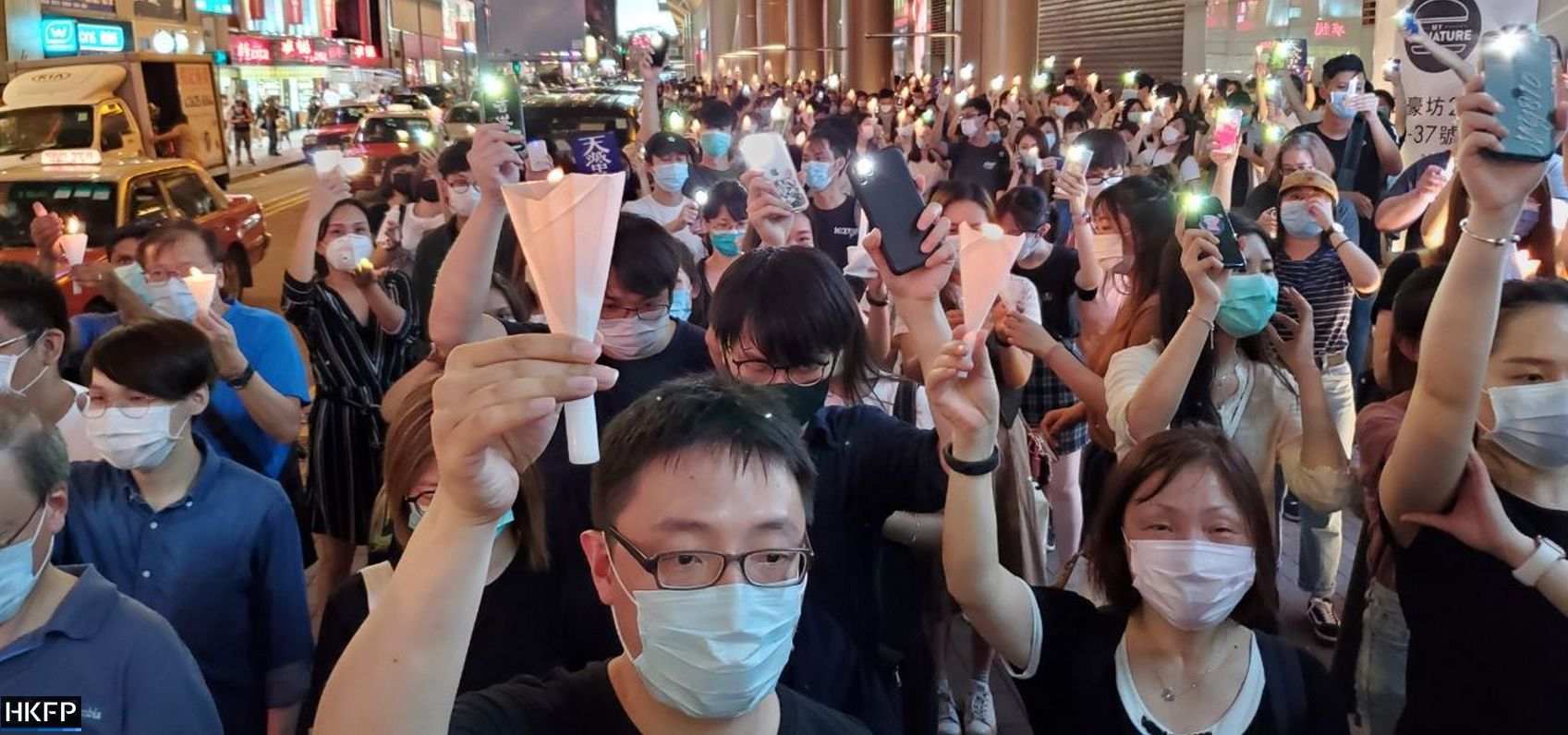
Joshua Wong pleads guilty to Tiananmen vigil charge
Hong Kong activist Joshua Wong and three others pleaded guilty to charges related to their participation in last year’s June 4 vigil commemorating the Tiananmen Square massacre. Wong, one of the city’s most prominent pro-democracy advocates, is already serving a term of 17 months in prison. Last December, he was sentenced to 13 months imprisonment for organizing an illegal assembly during the height of the 2019 anti-government protests. This sentence was extended by four months in April after Wong pleaded guilty to fresh charges of unauthorized assembly and violating an anti-mask law. Also pleading guilty in the Tiananmen vigil case were longtime activists Lester Shum, Jannelle Leung and Tiffany Yuen. (Photo: HKFP)



